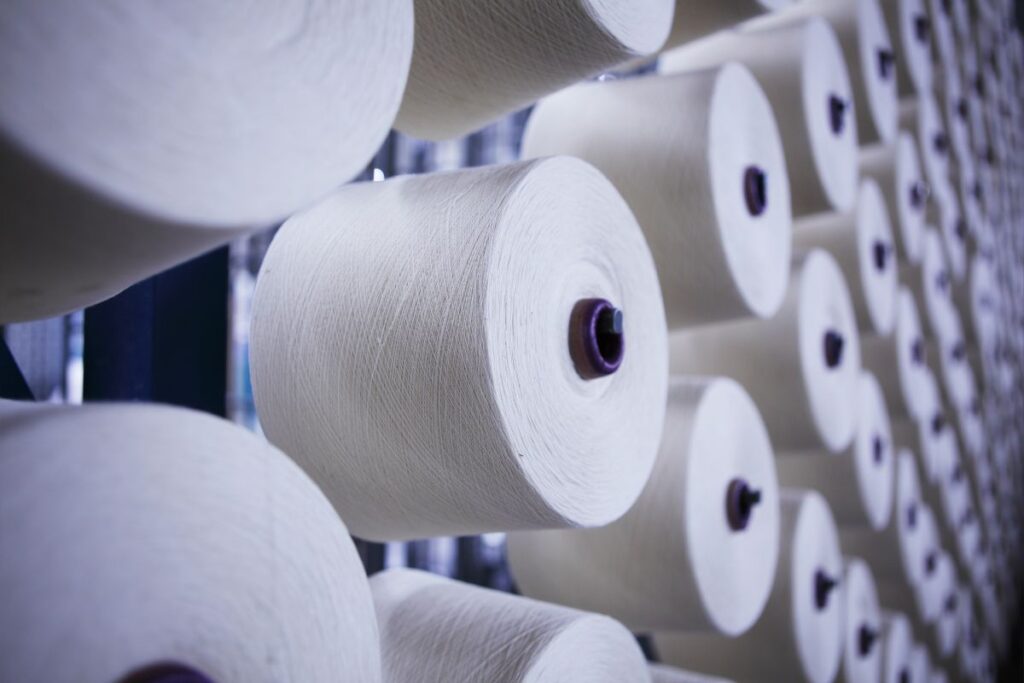Local textile millers in Bangladesh, particularly spinners, are grappling with fierce competition from foreign yarn producers, leading to a significant loss of market share even among local readymade garment (RMG) exporters. The preference for imported yarn is attributed to the high production costs faced by local spinners.

Import Trends and Economic Implications
Central bank data reveals a notable surge in yarn imports, recording over a 10% increase during the first nine months of the current fiscal year (FY) compared to the same period last year. From July to March of FY 2023-24, Bangladesh imported yarn worth $2.32 billion, up from $2.10 billion in FY 2022-23. Contrarily, imports of other RMG inputs such as raw cotton, textile articles, and staple fiber declined by 9.1%, 24.9%, 8.2%, and 6.1% respectively during the same period.
The increased reliance on imported yarn, despite a general downturn in other raw material imports, raises concerns about the sustainability of the local spinning sector. Spinners cite high utility costs and unreliable gas supply as primary factors driving up production costs, making locally produced yarn more expensive than imported alternatives.
Industry Perspectives
Syed Nurul Islam, CEO of Well Group, highlights the critical role of yarn in fabric and garment production, stressing that the decline in raw cotton and staple fiber imports inevitably leads to a rise in yarn imports. He points out that local spinners struggle to compete with cheaper Indian, Pakistani, and Chinese yarn, which benefits from various government subsidies and supports.
Faruque Hassan, former president of the Bangladesh Garment Manufacturers and Exporters Association (BGMEA), echoes these concerns, noting the adverse effects of increasing yarn imports on the local market. He calls for enhanced local consumption and greater flexibility to attract more garment orders.
BGMEA President SM Mannan Kochi attributes the preference for imported yarn to its lower cost, despite cash incentives for sourcing locally. Mohammad Ali Khokon, President of the Bangladesh Textile Mills Association (BTMA), alleges that foreign yarn is sold at dumping prices due to extensive policy support in their home countries, exacerbating the challenges for local producers.
Future Outlook
Industry insiders warn that the continued dominance of imported yarn could lead to the closure of many local textile mills, which currently meet about 80% of the knitwear demand and 35-40% of the woven subsector’s needs. They emphasize the importance of government policy support to bolster the local spinning industry and maintain a robust supply chain for the RMG sector.
Bangladesh’s RMG exports remain a vital economic driver, with the country earning $37.20 billion from July to March of FY 2023-24, including $21.01 billion from knitwear and $16.19 billion from woven garments. However, the sustainability of this growth is threatened by the ongoing challenges faced by local spinners.
To safeguard the future of the domestic textile industry, stakeholders urge for strategic interventions, including better utility management, favorable bank interest rates, and supportive trade policies that can help local spinners regain their competitive edge.






